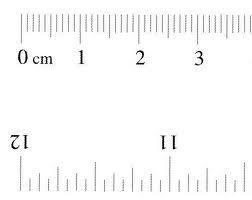
"Oh, aren't YOU just the cutest thing in the world???"
"I just want to take that little one home with me!"
"Aw, just look at that adorable little girl!"
"She is the most precious thing..."
They hear it all the time. The one everyone's talking about? Yeah, she doesn't much notice, though she usually offers a sweet, big-eyed smile. Her siblings? They hear every word. And, so, yesterday, at CVS...
"Oh, I think you're the cutest little angel I've ever seen!" from a young lady working there.
Her significantly older co-worker amended, "Oh, I see cute times three right there!"
The first lady stammered, "Oh, well, of course, yes, all three are so cute!"
My oldest, my son, spoke up:
"G. is a cutie pie!"
Both salesladies assured him that they're all darling.
He continued,
"But G's so cute! She's the cutest! Everyone says so." And with that, he walked off, innocent smile still in place.
Ouch.
That's what they hear. All. The. Time.
G. IS cute. She looked like the Gerber baby when she was younger and still has ridiculously long-lashed, giant blue eyes. She's a charismatic little flirt and charms men and women, young and old.
BUT...
My two older children aren't chopped liver. And, while I KNOW that babies and precocious toddlers can be appealing little magnets, we can't forget their older (and more aware, I might add) sibs.
I'm working hard to make sure they know how wonderful (and adorable and lovable and clever and...) they are. And I promise, should I ever meet you in real life, to never leave your older children out.



























